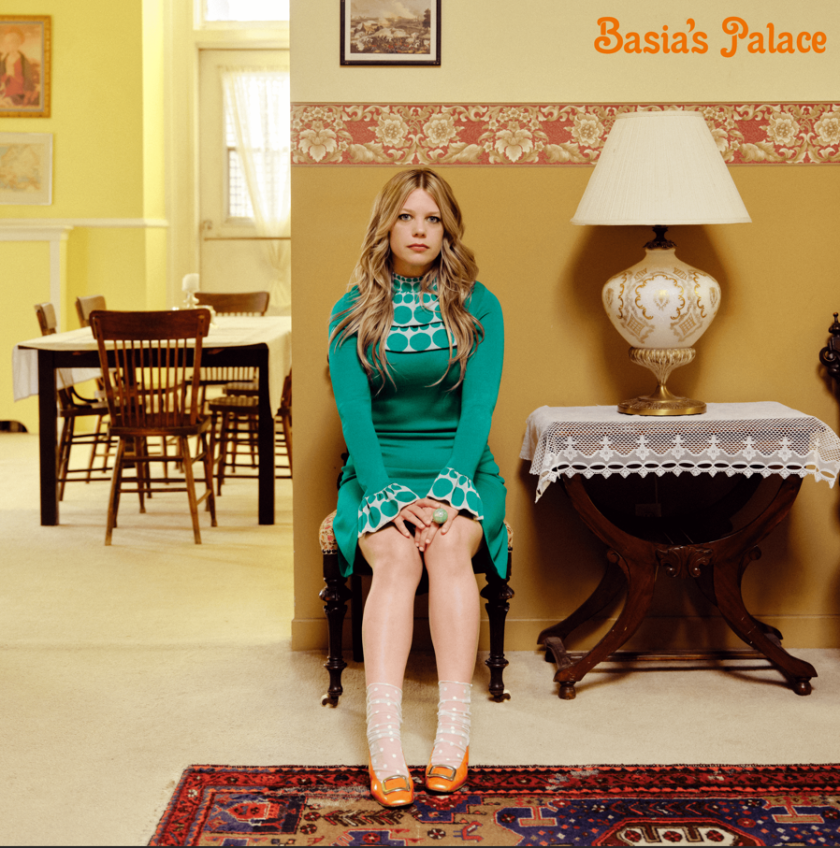Canadian singer Basia Bulat has tried on various musical hats during her career but is most associated with singer-songwriterly folk-pop. Her last album was the melancholic, string-swathed The Garden but with Basia’s Palace, her seventh album, she seems in a jollier frame of mind. She has veered into overtly electronic pop before, especially on her 2016 album Good Advice, but this time it’s a bubblier, warmer version. Then again, these nine songs still find room for heartache.
Bulat’s voice and style remind of Emmy the Great. This isn’t to hint at plagiarism – both singers started releasing music at around the same time – but as a compliment. For this writer, Emmy the Great is one of the pre-eminent singer-songwriters of this century and Bulat has a similar vocal sweetness, flecked with sadness, vulnerability and nostalgia. That latter aspect comes to the fore as she sings of her heritage in a number about her late father’s love of Polish celebratory pop on “Disco Polo”.
The album has a dreamy easy listening feel. The first half is bouncier, with effusively chirpy numbers such as “Spirit” and “My Angel”. This mood predominates but, somehow, it’s still three sorrow-laced cuts that stand out. These are the shuffling ode to loneliness and loss, “The Moon”, with its lovely, repetitive sob-like vocalising, the final strummed “My Way”-esque torch song “Curtain Call”, and the epic love song “Laughter”, which occurs over a simple stark machine-bell motif. In fact, this latter song is lyrically upbeat but still sounds doleful.
In truth, this isn’t an album which is likely to widen Basia Bulat’s fanbase or commercial reach. It has a luscious feel but doesn’t imprint hard on then consciousness. Nevertheless, those already invested in her will find moments on Basia’s Palace that they may sink into like a down-filled sofa.
Below: watch the video for "Disco Polo" by Basia Bulat














Add comment